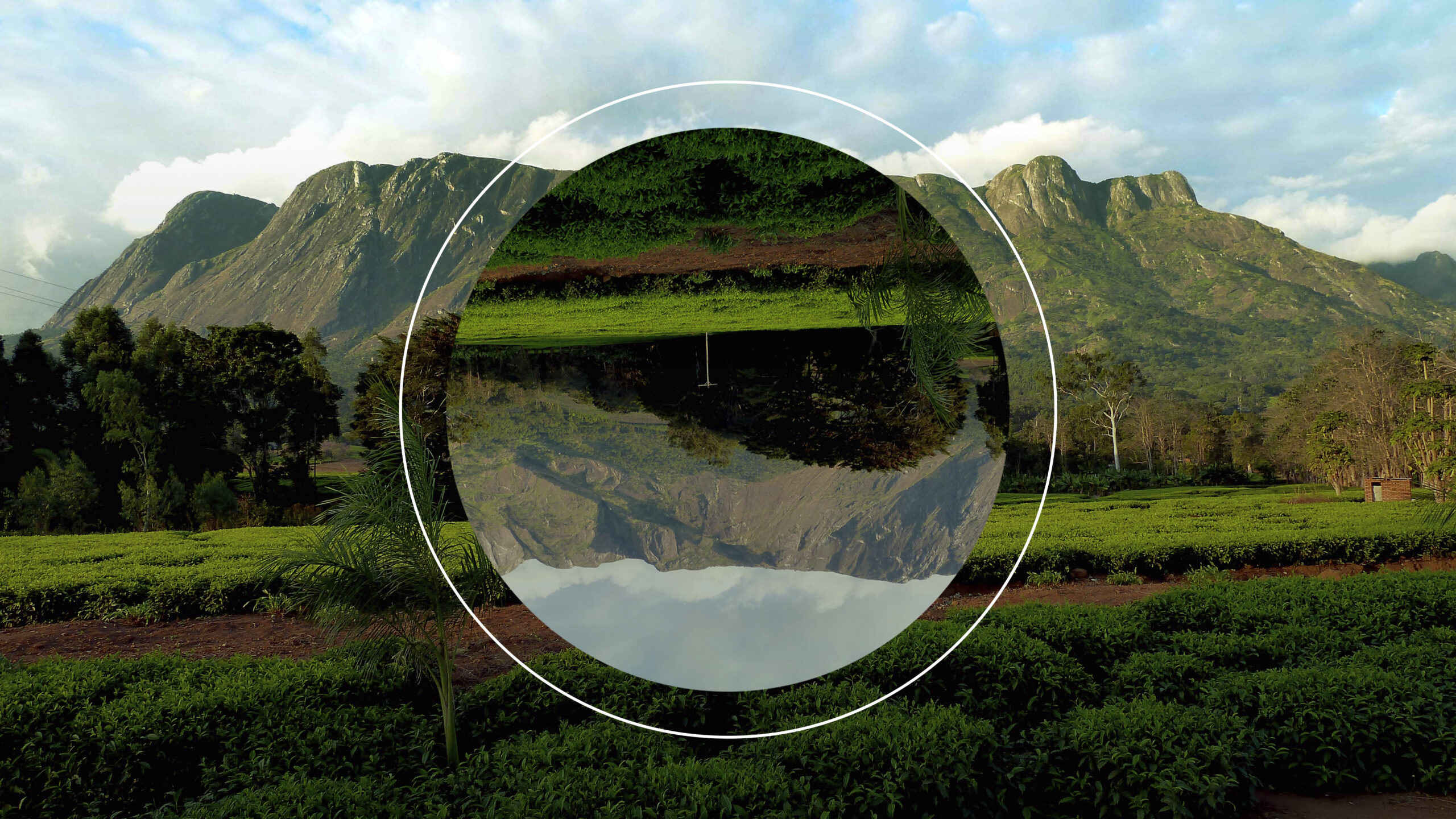House Hunting
Furniture & equipment
Household Help
Domestic help is readily available, inexpensive. Good experienced cooks are rare. It is customary for a small family or a single person to employ one or two members of staff to do some or all of the cooking, washing and house cleaning chores. A gardener is usually required to maintain gardens and lawns.
| ITEM | COST |
| Maize | $15.00 |
| Milling | $1.30 |
| Eggs | $3.25 |
| Meat | $8.00 |
| Beans | $1.10 |
| Dry Fish | $1.50 |
| Vegetables | $4.50 |
| Kapenta | $2.75 |
| Tomato | $3.75 |
| Onion | $2.25 |
| Milk | $2.75 |
| Bread | $4.00 |
| Cooking Oil | $2.25 |
| Salt | $0.60 |
| Sugar | $2.25 |
| Tea | $0.50 |
| Potatoes | $4.00 |
| Charcoal | $9.00 |
| Paraffin | $0.60 |
| Electricity | $4.75 |
| Soap | $1.00 |
| Washing Soap | $0.80 |
| Jelly Vase | $1.00 |
| Water | $3.00 |
| Housing | $25 |
| TOTAL | $100.00 |
Utilities
The electricity supply is 230/220 volts, 50 cycles AC, single-phase. Normal domestic electric fittings use 13-amp fused square three-pin plugs, which are available locally. The three pin square plug is found in most residences and offices.
Power cuts have become more and more frequent. Moreover, power supply is subject to frequent voltage fluctuations. Hence, it is advisable to bring stabilizers and surge-protectors to safeguard electronic equipment.
Gas is available should you have a gas cooker / heater. It can be subject to availability and prices reflect local supply. It is most advisable upon finding a house, be it private or government owned, to quickly establish that all the previous utility bills have been paid. Getting the water, electric and landline telephone be put in your name at the start of the tenancy will spare you many hours of frustration.




